The Newly Instated Government Gets to Work
The new government in Bucharest, headed by Dacian Ciolos and made up of technocrats with no political affiliation, announced its priorities.

Bogdan Matei, 23.11.2015, 13:57
Having received Parliament’s vote of confidence less than a week ago, the technocratic government headed by Dacian Ciolos is the most atypical government in post-communist Romania. Teodor Stolojan in 1991 and Mugur Isarescu in 1999, both independent economists, were for one year at the helm of a government whose members represented political parties. Unlike them, Dacian Ciolos picked mostly people who hadn’t been involved in politics, but who had already made a name for themselves in the private sector, civil society and the European institutions. The new government will be in charge of things for one year, until the legislative elections in the fall of 2016, during which time the political class, completely discredited and seen as corrupt and incompetent, should reinvent itself and regain people’s trust.
In an interview with Radio Romania, his first one as PM, Dacian Ciolos said the new government’s top priority was to draw up the draft budget for 2016 and then send it to Parliament in the first half of December. Referring to the 10% increase in civil servants’ salaries, a measure already approved by Parliament, Ciolos said he first had to make sure the financial situation inherited from the previous government allowed it. The new ministers will have to analyze the projects that are currently in the stage of implementation, and which have been initiated by the former government headed by the Social Democrat Victor Ponta, in order to decide if they can be included in next year’s budget. The new programme for government stipulates, among other things, finding ways to reinstate trust in Romanian economy.
Deputy PM Costin Borc explains: “This involves finding opportunities for reindustrialization, taking into account the reinterpretation of this concept in the general European context. We are first of all interested in supporting Romanian capital, as consolidating the identity of Romanian products is a strategic goal for us. Also, the Romanian human capital is a fundamental resource and we plan to develop human resources, from the qualified staff to creative industries, IT&C and so on.”
Dacian Ciolos, a former European commissioner for agriculture, after a meeting in Bucharest with European Commissioner Corina Cretu, announced the unblocking of the regional operational programme for 2007-2013, which had been blocked following an audit by the European Commission. In the interview with Radio Romania, PM Ciolos said Romania’s EU funds absorption rate stood at 60% and that, if things went well, it would soon reach 70%.
(Translated by: E. Enache)






























